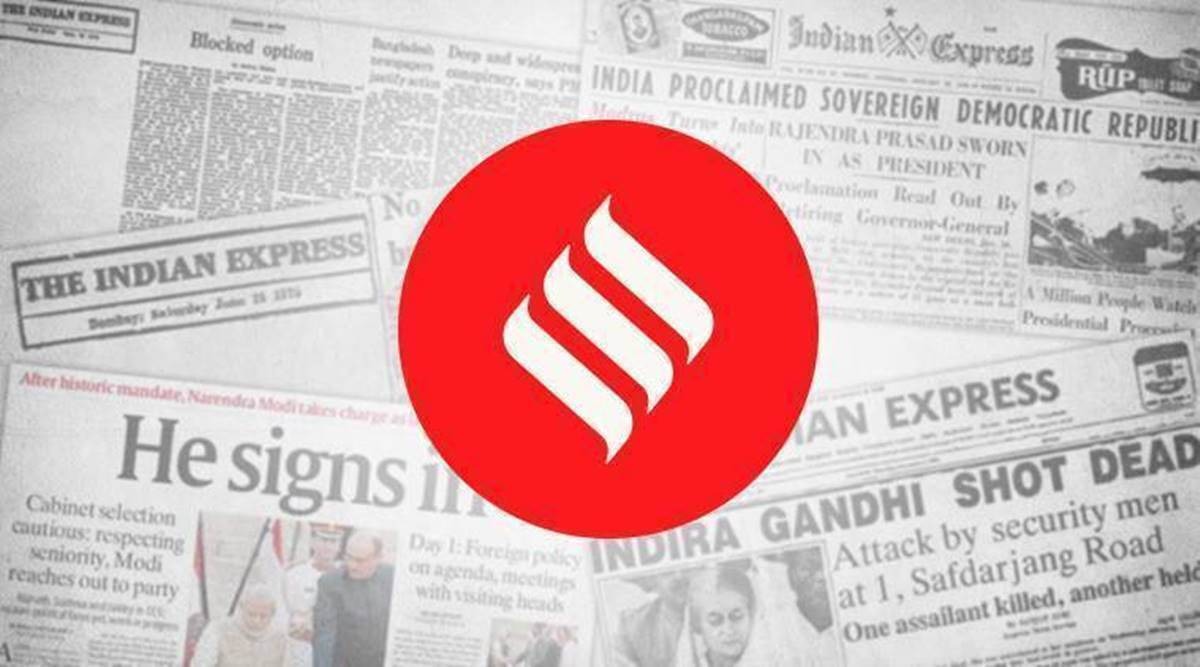 In defence of the law, both Delhi government and the Centre have argued that marital rape cannot be criminalised unless there is societal consensus on the issue.
In defence of the law, both Delhi government and the Centre have argued that marital rape cannot be criminalised unless there is societal consensus on the issue. The Delhi High Court’s split verdict in the case challenging the validity of the marital rape exemption in law mirrors the deep public divide on an issue that involves not just the letter of the law but complex social mores. The law carves out an exception for married men, so that they cannot be prosecuted for non-consensual sexual acts with their wives. This exception under Section 375 of the Indian Penal Code that defines rape has increasingly come into question across the world. Several countries — including Britain, which gave this law to its former colonies — have reconsidered an ethos that presumes, or takes for granted, the consent of women within a marriage, in perpetuity. In the case before the Delhi HC, the opinions of the two judges, Justices Rajiv Shakdher and C Hari Shankar, are starkly different and frame fundamental differences on issues including consent. While Justice Shakdher relies on the understanding that the foundation of a modern marriage is equality between spouses, Justice Shankar ignores basic principles of equality, agency and autonomy. His disturbing observation that marriage necessarily involves surrendering certain rights in varying degrees — in this case, the right of a woman to her bodily integrity — needs to be strongly contested.
In defence of the law, both Delhi government and the Centre have argued that marital rape cannot be criminalised unless there is societal consensus on the issue. Arguments for retaining the provision have ranged from protecting the institution of marriage to potential misuse of any change in law. These are concerns that should be debated. There must be a wider and more participatory discussion. At the same time, it is also crucial for the Courts to answer another legal question — whether striking down the exception in marital rape under law would amount to treading on the domain of Parliament. In this context, the central government’s stand that the marital rape exception will be reviewed is a welcome step. In the UK, as in South Africa, Australia and Canada, which have removed the exception in marital rape, judicial decisions were followed by changes in legislation.
The split court verdict may not move the needle too far, but it has ignited a much-needed conversation on marital rape, both within and outside courts. Significantly, the Karnataka HC ruling in March allowed a man to face trial for marital rape for the first time. Although courts have, in passing, expressed views on the issue and urged the government to look into it, Justice Shakdher’s opinion is the first acknowledgement in a high judicial forum that the exception is at odds with the Constitution.
- The Indian Express website has been rated GREEN for its credibility and trustworthiness by Newsguard, a global service that rates news sources for their journalistic standards.

